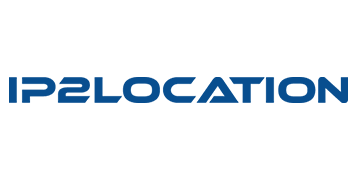
| Starting price | $49/year |
|---|---|
| Pricing model | Per Server, Subscriber based |
| Free Trial | Yes |
| Free Version | No |
Take control of your data and gain meaningful insights with the best data management software solutions. Streamline data processes, ensure data quality and maximize the value of your information assets.
Find the best value data management software on SaasGenius.
Looking for the best value data management software? In our list, you'll find the best data management software solutions that offer exceptional data organization, integration and management features.

| Starting price | $49/year |
|---|---|
| Pricing model | Per Server, Subscriber based |
| Free Trial | Yes |
| Free Version | No |
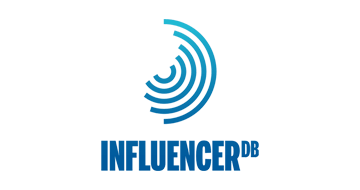
| Starting Price | €179/mo |
|---|---|
| Pricing model | Premium |
| Free Trial | Yes |
| Free Version | Yes |
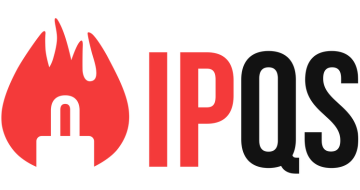
| Starting price | $20/mo |
|---|---|
| Pricing model | Subscriber based |
| Free Trial | Yes |
| Free Version | Yes |
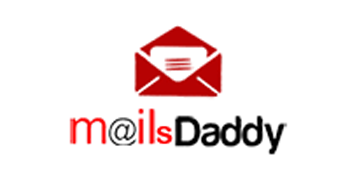
| Starting Price | $99 |
|---|---|
| Pricing Model | One Time License |
| Free Trial | Yes |
| Free Version | No |
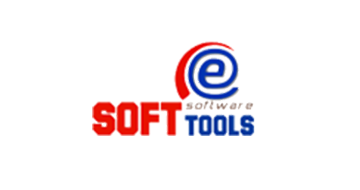
| Starting price | $29/year |
|---|---|
| Pricing model | Per 2 Computers |
| Free Trial | Yes |
| Free Version | No |

| Starting Price | $75/month (billed annually) |
|---|---|
| Pricing Model | Subscriber based |
| Free Trial | Yes |
| Free Version | Yes |
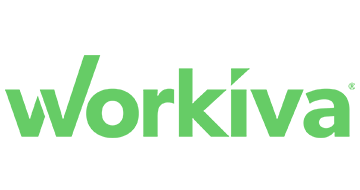
| Starting price | Contact for price |
|---|---|
| Pricing model | Subscriber based |
| Free Trial | Yes |
| Free Version | No |

| Starting price | $35/mo |
|---|---|
| Pricing model | Subscriber based |
| Free Trial | Yes |
| Free Version | No |
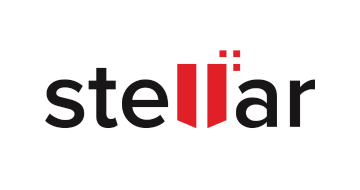
| Starting price | $299 |
|---|---|
| Pricing model | Mailboxes |
| Free trial | No |
| Free version | Yes |
Data management software is an essential IT tool that collects, combines, and manages high volumes of data obtained from different sources by an organization.
Businesses and individuals can use the software system to keep critical data in one place for ease of use and retrieval. An IT department is crucial for many businesses and requires a suitable business application. This application should run and provide analytical information to help with decision-making and proper strategic planning.
Within any high-tech company, there must be an IT department. This department has IT specialists who use data management systems to help them with their tasks.
Below is a list of the functions of the data management system.
The IT specialists use the software to identify and fill any missing data. As a result, there’s a reduction in data layoff, positively impacting analytics precision.
Data management ensures the proper storage of important information. Furthermore, the storage tools provide backup where an organization can retrieve data easily whenever it needs to.
In addition, the data management system also provides up-to-date data that is more reliable. Therefore, companies respond to market changes more effectively, building flexibility to cater to customer needs.
Data management protects individuals, organizations, and employees against data loss. Data security is enhanced chiefly through authentication features when the information contains confidential data that need to be cautiously managed.
The tools also collect data and transform it into a structured form, making it easy to control and maintain in the database management system (DMS).
This software offers data control. You can create an alert, where you can get instant notification in case someone changes the data. Furthermore, you can identify how and when data was changed.
Besides data control, data management software has tools that allow individuals and organizations to apply controlled access, integration, storage, use, and retrieval of data. The processes help to reduce the data risks.
At SaasGenius, we use a comprehensive ranking methodology to identify the best data management software solutions. Our evaluation process considers factors such as functionality, ease of use, data integration capabilities, security, and customer feedback. Our goal is to provide you with accurate and unbiased rankings that will help you in your decision making.
The purpose of systems like this is to monitor, identify and correct all manner of data. Additionally, the features ensure the best data analytics and enhancements.
Below is a list of the main data management software features.
Some of the user benefits of data management software in an organization include:
A data management system can integrate stored data from different sources into a warehouse. It facilitates prompt access by the employees.
These systems can also support analytical processing so that an organization can be in a better position to assess its trends. The data is managed more effectively, allowing for better decision-making within the company.
With proper data analytics, a business can identify the latest trends enabling them to design the best models suited for their business operations, helping them realize growth and increase profits.
Data storage management tools help organizations to keep data as long as they can. Therefore, maintaining regulatory compliance is very simple. Data privacy laws are made clear and available to the employees. Every new employee is provided with the company data privacy laws and must comply with the rules and regulations.
Every company has its policies, practices, and different roles. A data management solution helps the companies secure adequately collected and stored data.
Furthermore, it defines the practices, roles, and policies in a more straightforward way, and makes them simple enough for everyone to understand.
Google is a multinational technology company that uses Google cloud, which offers a limitless database management system. Google Cloud has now created an extension to a Google Drive that stores data collected from different sources.
Call centers are business setups that use Google Docs to store data. Agents edit the documents and google sheets online, providing the correct information to the management.
Managers use such data to make decisions as well as formulate policies.
Amazon storage service (S3) stores manage and analyze data.
For instance, e-commerce companies such as Warby Parker, an American online eyewear retailer, and Amazon use data storage management software to enhance enterprise resource planning (ERP) as well as customer management relationship (CRM)
A good example is Zendesk Inc, a company based in the United States. It uses cloud computing Microsoft Azure software to provide software-as-a-service products to related customer support and sales, among other customer communications.
Adobe now uses IBM cloud computing to manage its content and digital assets. Additionally, it hosts, access, and leverages private customer data on-premise or IBM Cloud, meeting the highest security requirements and regulatory data compliance standards.
The cost of data management software varies depending on factors such as feature set, scalability and deployment options. Some solutions offer subscription-based pricing models, while others have tiered pricing based on usage or number of users. Consider your organization’s data management needs, your budget, and your future scalability needs when choosing pricing options.